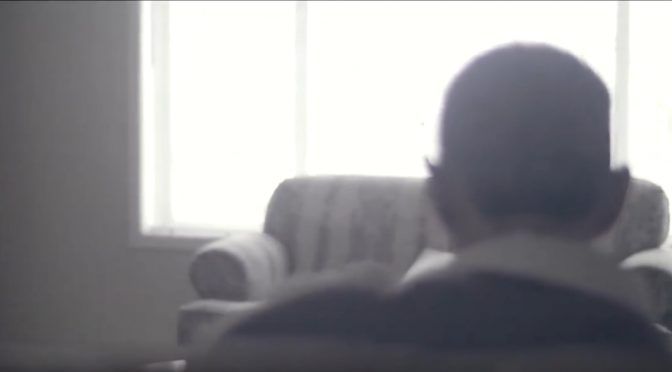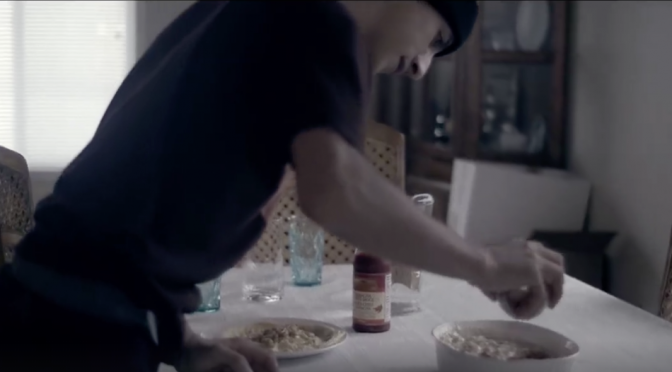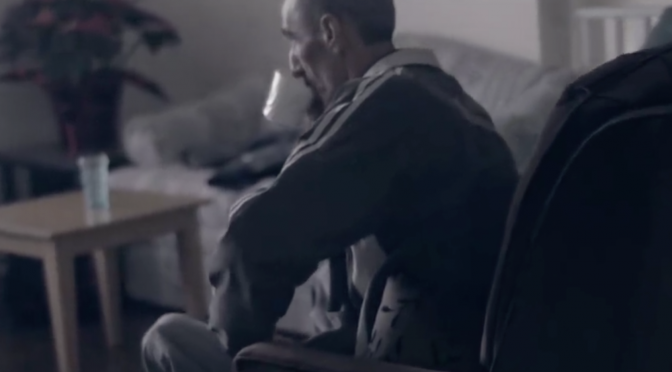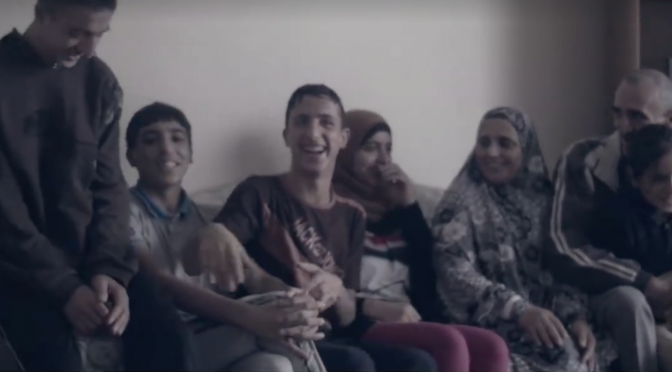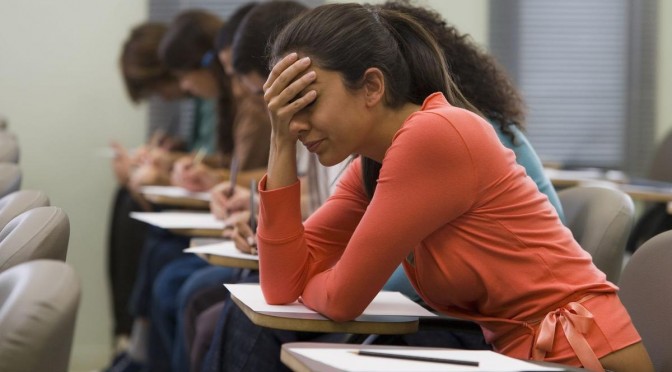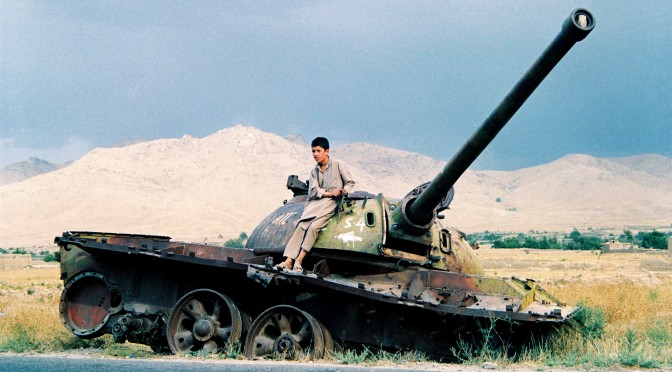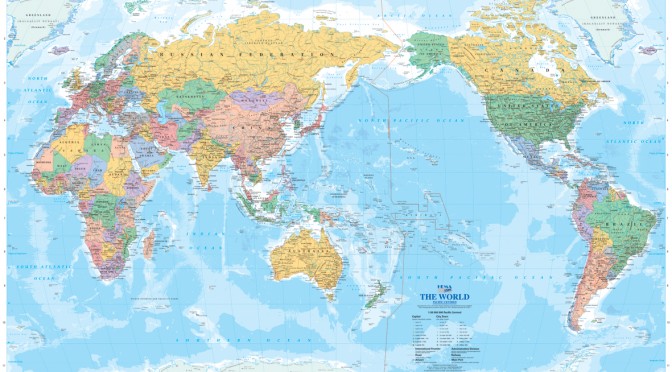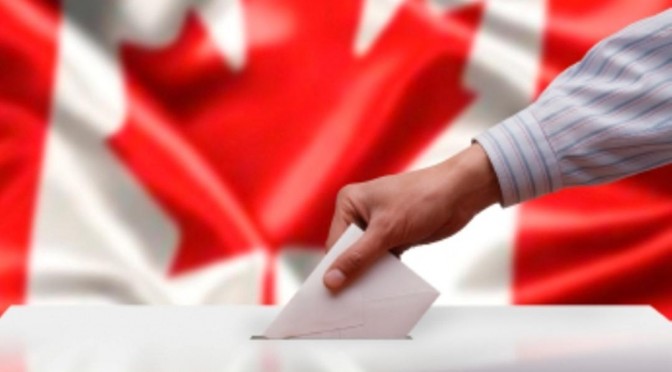Proud, repugnant, cocky, ‘sleezy’. These are a couple of the words that have been used to describe the presumptive candidate of the Grand Old Party(Republican Party) in the upcoming United-States election. However, looking at the manner in which he swept multiple states in the primaries there must have been something he was doing right. We are going to explore the rhetoric, strategy and appeal of Donald Trump and his rise from just controversial to also critically crucial in the November 8th election.
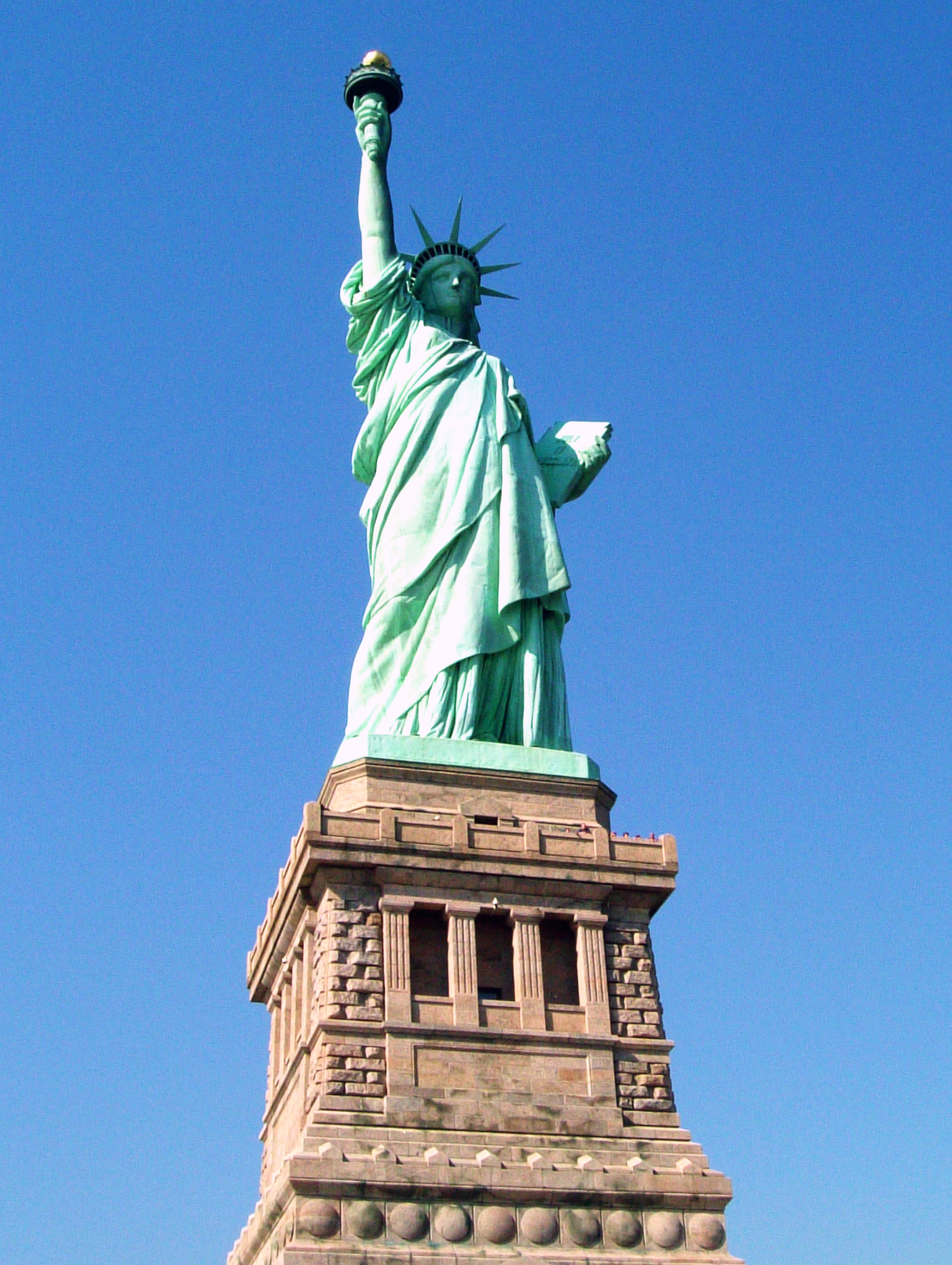 So what makes him so appealing to over 8.7 million people currently(according to a Breitbart.com article dated 25th April, 2016) across the United States you may ask. In my view, it is not so much his lack of ‘appropriate’ statements or somewhat-bigoted comments that draws in his audience but more of the direct approach he takes. In a world where politicians are the 2nd most distrusted people( According to the Readers Digest), one who consistently gets straight to the point and avoids ‘wishy-washy’ political tendencies can seem rather attractive. Regardless of his content, his supporters appear to value his resolve which is crucial to all aspects of decision making, especially for a president.
So what makes him so appealing to over 8.7 million people currently(according to a Breitbart.com article dated 25th April, 2016) across the United States you may ask. In my view, it is not so much his lack of ‘appropriate’ statements or somewhat-bigoted comments that draws in his audience but more of the direct approach he takes. In a world where politicians are the 2nd most distrusted people( According to the Readers Digest), one who consistently gets straight to the point and avoids ‘wishy-washy’ political tendencies can seem rather attractive. Regardless of his content, his supporters appear to value his resolve which is crucial to all aspects of decision making, especially for a president.
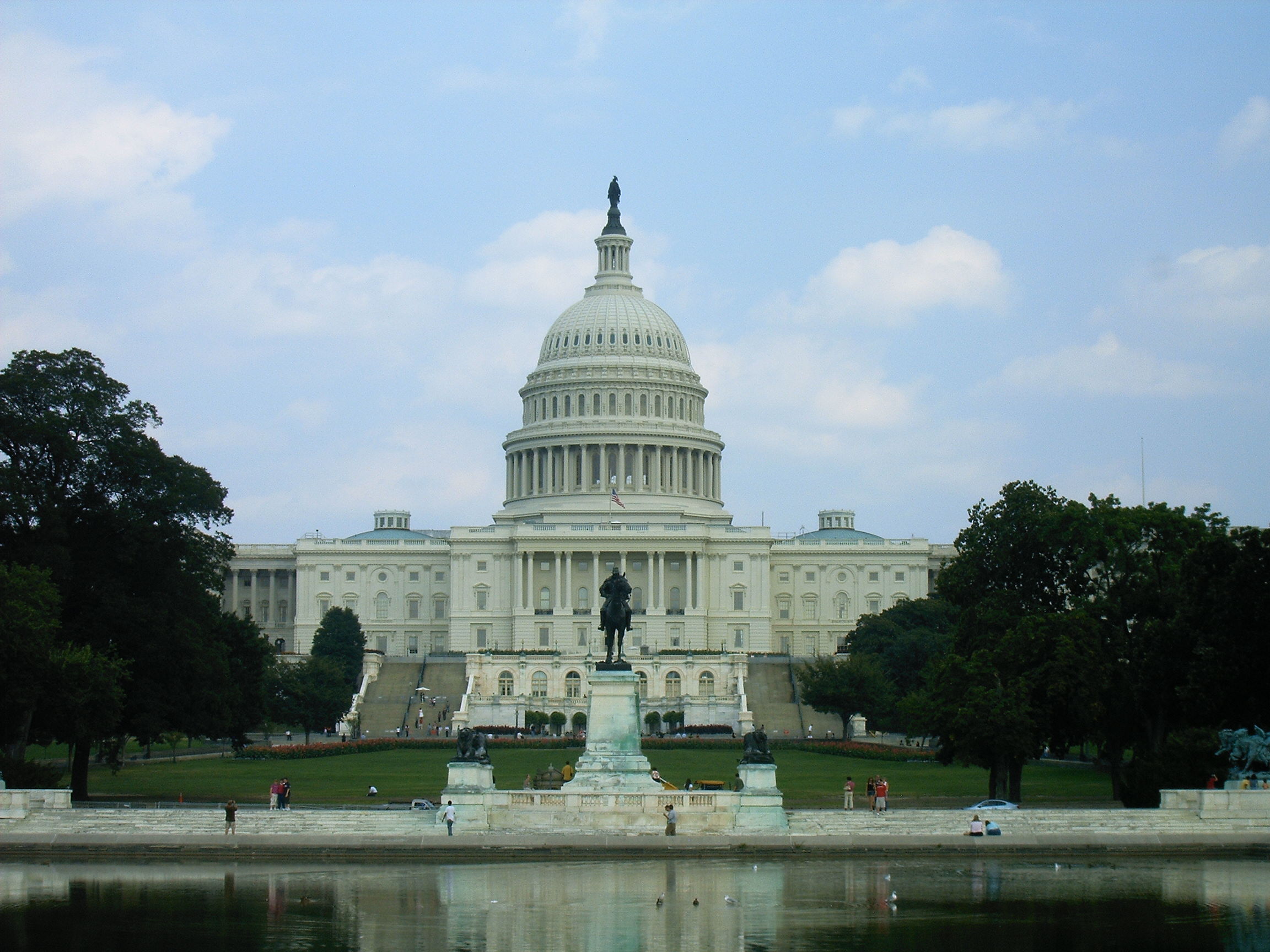 The Donald, as he is popularly called, has shaken the era of political correctness. Raw, uncensored and almost gnarly, he has continuously broken the laurels of ‘the model politician’, making him somewhat dissociated from the tainted image of everyday politicians. I will give him props for how far he’s come from people joking about his run for presidency to becoming the most likely Republican candidate.
The Donald, as he is popularly called, has shaken the era of political correctness. Raw, uncensored and almost gnarly, he has continuously broken the laurels of ‘the model politician’, making him somewhat dissociated from the tainted image of everyday politicians. I will give him props for how far he’s come from people joking about his run for presidency to becoming the most likely Republican candidate.
“He is the first media-made candidate. It all comes down to money”
– Gabo Zavala
However, all the credit doesn’t necessarily go to him, with the media giving him hours and hours of unpaid airtime(the New York Times estimates that he has received over $1.8 billion worth of free media) coupled with current occurrences across the states which have aided his rhetoric. The wave of terror attacks has also paid its due, leading to mass insecurity, racism and islamophobia. Many share in my personal sentiment that Mr. Trump is the true voice of a large section of Americans, that have been silenced by an increasingly politically correct society in recent times. Waves of anti-immigration fanatics and a fight to ‘protect the Second Amendment’ have been at the centre of Trump’s campaign. Thus he appeals to this ‘silent majority’ and given the process that democracy follows, he has a strong chance of becoming the leader of the free world.
In retrospect the fear of an unconventional candidate may be what our society has needed for some time. A shock to our social way of life, where people’s views are not particularly aired but masked under a guise of non-controversial half truths. Given the events that have gone on including Panama papers, the Paris Terror Attacks & the Orlando shooting, it is about time we as a global community take action. A time to have discussion and conflict resolution devoid of violent and hate-speech, where we can find peaceful focal points for progressive solutions. The general elections are taking place on the 8th of November and we can only hope that the true representative of the American people assumes office.

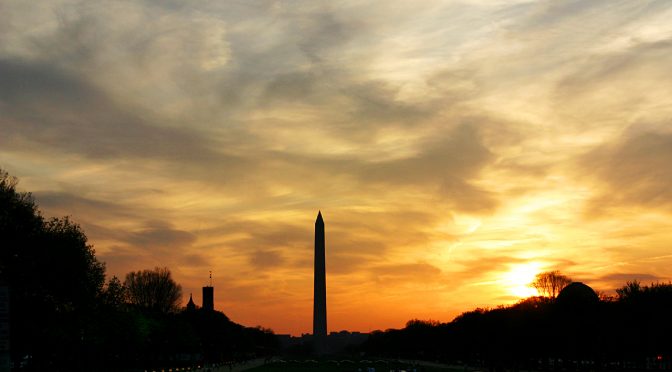
 Follow
Follow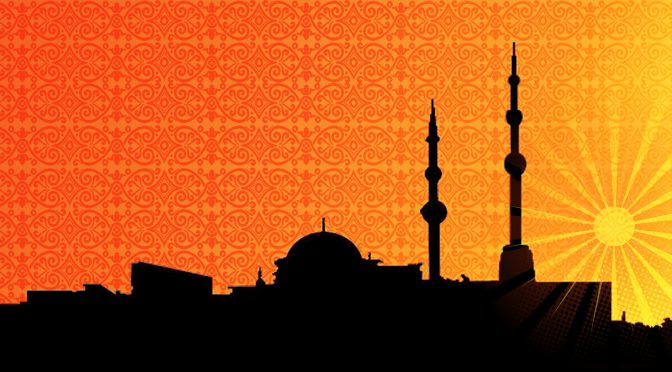
 Ramadan is the ninth-and holiest-month of the Islamic lunar calendar and the month of fasting for Muslims. Ramadan is considered the holiest month because it was in Ramadan that the Qur’an was first revealed.
Ramadan is the ninth-and holiest-month of the Islamic lunar calendar and the month of fasting for Muslims. Ramadan is considered the holiest month because it was in Ramadan that the Qur’an was first revealed.